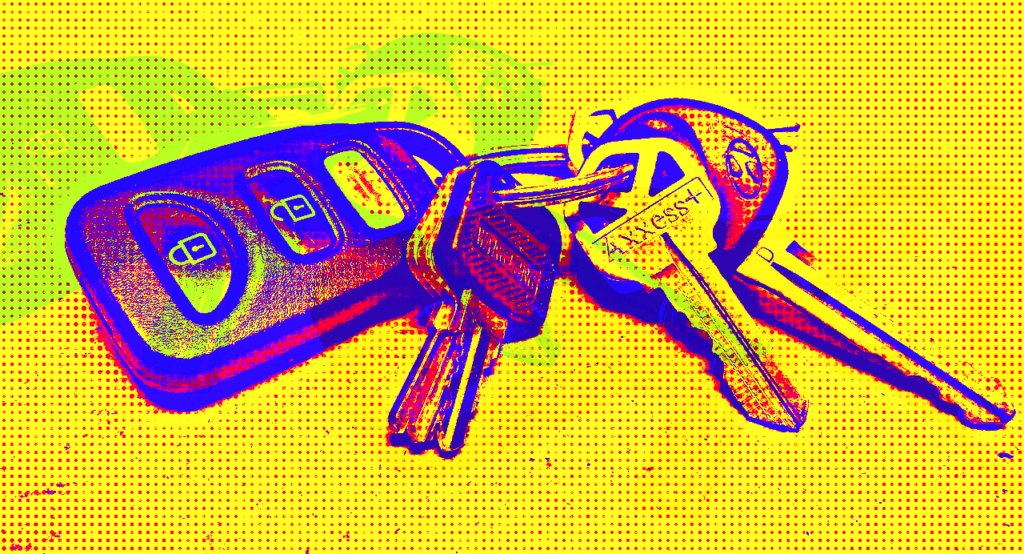Hello, folks! If driving jargon and codes like TT99 have ever left you scratching your head, you’re not alone. In this guide, we’re going to break down what TT99 is, unravel the mysteries of penalty points, and much more. So, let’s put the pedal to the metal and get started!
What is a TT99 Conviction?
Let’s break it down—what’s this TT99 conviction all about? Well, when you see that TT99 offence code, it means someone’s earned themselves a disqualification from driving. How? By playing the “totting up” game and hitting the 12 or more points mark within a tight three-year window. That’s what they call a “totting up ban,” plain and simple.
What does a TT99 mean on your driving licence?
When you hear TT99, you might think it’s some cool, top-secret code. Spoiler alert: it’s not. TT99 is a code that gets slapped onto your driving licence when you’ve gathered more than 12 penalty points in three years. Trust me, it’s not something you want.
Is a TT99 a ban?
So, does TT99 mean you’re banned from driving? Absolutely. If you find this code on your driving record, it means you’ve been benched—no more driving for you, at least for a while.
What happens when you get a TT99?
Getting a TT99 is like the referee showing you a red card. You’re out of the game. Generally, you’ll be looking at a 6-month ban, but depending on your record, it could be even longer. You’ll also likely see a spike in your car insurance once the ban is lifted.
How many points is a TT99?
The thing about TT99 is that it’s not about adding more points to your licence; it’s the aftermath of crossing the dreaded 12-point limit. In essence, TT99 means you’ve accumulated too many fouls, and now you’re out.
How long does TT99 stay on your license and how bad is it?
Let’s not dance around it—TT99 means business. This code has to hang around on your driving record for a solid four years from the date of conviction. It’s the red flag for ‘totting-up’ disqualification, kicking in when you rack up 12 or more penalty points within a three-year stretch.
So, for these four years, the TT99 stamp stays put on your driving license. And here’s the kicker: even though a typical driving ban goes for anywhere between six to 24 months, and regular points usually vanish post-ban, the TT99 code remains imprinted on your license until those four years run their course from the date of the conviction. No shortcuts here.

Penalty Points and Bans Explained
Three years—yep, that’s how long those penalty points will stay on your licence, making every traffic stop a bit more nerve-wracking. However, they lurk on your record for 4 years, which can affect things like insurance.
Examples of Common Offenses that Lead to a TT99 Conviction
- Careless or Dangerous Driving
- Speeding Offenses
- Motorway Speeding
- Driving Under the Influence
- Failure to Stop/Report an Accident
What is the longest driving ban you can get?
While TT99 usually leads to a 6-month ban, the court can ban you for much longer, depending on how reckless you’ve been. In extreme cases, we’re talking about a lifetime ban.
Can you get points and a ban?
Absolutely, you can collect a set of points and then get a ban slapped on top of them if you continue to break the rules. It’s like getting a one-two punch.
Do you get points if you get banned?
Nope, it’s the other way around. You get banned because you have too many points. If you’re banned, you’ve already crossed the point threshold.
The Totting-Up System and Other Penalty Codes
When we talk about ‘totting up,’ we mean the act of accumulating enough points that you’re in hot water. Reach 12 points within 3 years, and you’re at risk of a ban.
How many penalty points do I have?
You can keep track of your penalty points through the DVLA’s website. It’s a good idea to know how close you are to that dreaded 12-point limit.
What is the difference between SP30 and SP40?
These are both speeding offences, but while SP30 is for speeding on a public road, SP40 is for breaking the speed limit on a motorway. Different offences, but both will add points to your licence.
Do penalty points expire?
Yes, they do, but it takes 3 years for points to vanish from your license and 4 years to disappear from your record. So don’t think you’re off the hook just because a few years have passed.
Understanding the Severity – Points or Ban?
Once you reach 12 points within 3 years, it’s game over. You’ll most likely be banned from driving.
Is it better to have points or a ban?
If you hit the 12-point mark, you’re likely looking at a driving ban. If those points are lower than 12 then it means you can still drive your vehicle, however, a ban can significantly impact your daily life and may involve legal consequences.
Do I have to declare tt99 to insurance?
Let’s clear the air—TT99 isn’t a criminal conviction; it’s more like a lingering reminder. Even after those points vanish from your license, TT99 stays put. Here’s the kicker: in the UK, you’re obligated to spill the beans on these offences for insurance reasons, even after the disqualification period wraps up. No brushing this one under the rug.
Does TT99 Affect Your Insurance?
Unfortunately yes, having a TT99 can result in higher insurance premiums. This is because individuals with a history of driving bans are perceived as a higher risk by insurers.
Will TT99 Show up on my DBS?
Yes, a TT99 will indeed appear on your DBS.
How Does a TT99 Conviction Affect Your DBS Check?
Regarding how a TT99 conviction affects your Disclosure and Barring Service (DBS) check, here are some key points:
Disclosure on Standard and Enhanced DBS Checks
A TT99 conviction is likely to be disclosed on both Standard and Enhanced DBS checks.
Standard checks generally reveal details of convictions and cautions, while Enhanced checks provide additional information that may be relevant to the role, including information from local police.
Length of Disclosure
Convictions, including TT99, are typically disclosed on a DBS check for a certain period. The length of disclosure depends on the nature of the offence and the sentence received. For driving offences, including TT99, the disclosure period is generally 5 years from the date of conviction.
Impact on Employment
Regrettably, this could have consequences when it comes to securing specific jobs. Especially for positions requiring driving responsibilities or roles where maintaining a pristine driving record is paramount, like those involving vulnerable populations, the presence of a TT99 conviction may pose challenges during the hiring process.
Consideration of Rehabilitation
Employers may take into account a person’s rehabilitation time if they show that they are committed to following the law and making personal progress. The length of time that some convictions stay on a person’s criminal record is determined by the Rehabilitation of Offenders Act in the UK, which specifies the rehabilitation terms for different offences.
Individual Circumstances
When evaluating the effects of a TT99 conviction, employers frequently take into account the unique circumstances of each employee as well as the demands of the position. They might consider things like the type of driving offences committed, the person’s driving history, and the measures made in the direction of rehabilitation.
Conclusion
There you have it—a comprehensive guide to TT99, penalty points, and all the driving jargon you’ve ever wondered about. Remember, driving is a privilege, not a right. Stay safe on the roads, and make sure you keep an eye on those penalty points! If you’re interested in learning more about penalties for dangerous driving then check out our guides on Driving offence codes DG10, DR10 and IN10.
